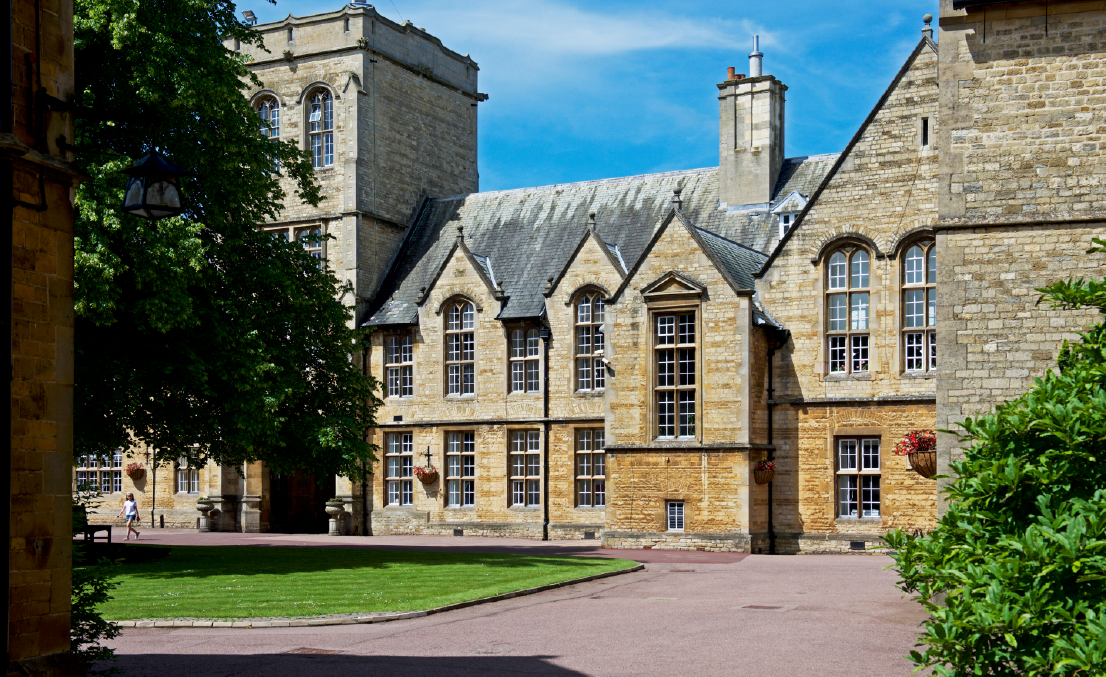
Following the election of a Labour government, it is expected that the new Prime Minister Sir Keir Starmer will follow through with his pre-election promise to charge VAT on private schools.
If this happens, many schools will need to find a way to cover these significant costs, and quickly. However, a significant number may be spending more than they realise on underused or obsolete property assets which could be used much more efficiently. We caught up with one of our associates, Molly Skinner, an expert in property asset management in the education sector, to learn more about what independent schools can do next.
“Before the election, Sir Keir Starmer and the Labour Party generated lots of headlines with their planned policy to charge 20 per cent VAT on independent school fees. While some perhaps larger independent schools may be able to absorb the costs of such a policy, for others, this may not be an option and they will inevitably bear the brunt of the tax.
“Now a Labour government has been formed, the likelihood is that it will follow through with its promise, leaving these schools with a difficult choice. Some may choose to take on the costs themselves rather than pass costs onto parents, which could damage their cashflows.
“Others may choose to reduce bursaries and scholarships which disadvantage bright pupils that may not typically afford private education, and many schools may end up passing the full cost onto parents which could in turn affect pupil numbers. We may also see a trend in a reduction in boarding places in favour of day places.
“Clearly, schools need to find ways to save money without impacting drastically on the education of their pupils – not an easy task. However, what some schools do not realise is that they can often better utilise their property assets to save money - or even generate new income.
“For example, some schools may have buildings or facilities which are no longer suitable for educational purposes. These could potentially be repurposed and let to community groups, for example, as a way of creating extra income.
“And certain independent schools may have older buildings which are less energy efficient than they could be. Ensuring they are insulated properly while maintaining their character can save a lot of money every year.
“Finally, it is astonishing just how many schools are paying far too much in business rates simply because they have assumed the rate the local authority charges is correct – a perfectly reasonable assumption to make.
“In reality, many schools’ rates can reduce if buildings have had a change of use or have been altered. This is something schools rarely realise, and many local authorities are happy enough to collect the business rates without checking if it is still being charged correctly. Labour have also said that they would end business rates relief for private schools, so it is therefore even more crucial that your valuation is correct”
“Every school will be different, and we would urge any school leaders and governors worried about their options to consider seeking expert advice on reviewing their property assets and how they can be best used.
“We have extensive experience in this regard and can advise on issues such as property acquisition, property management, building surveying, business rates, rent reviews, planning, asset valuation, sustainable energy, and more.
“Whether the policy is right or not is up for debate, but the time is now for private schools to consider their options and ensure they can continue to provide the best education for their children despite being taxed on the fees they charge.”
Find out more about our education consultancy services.





